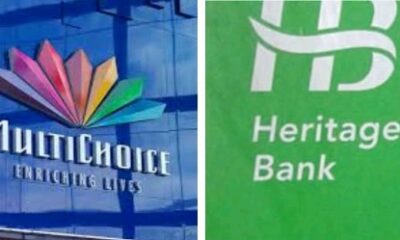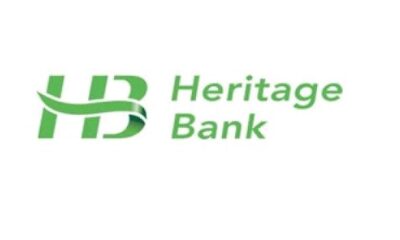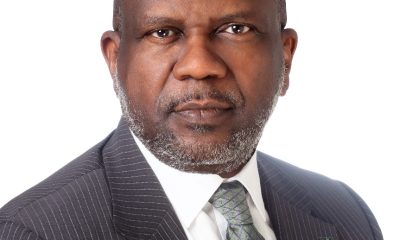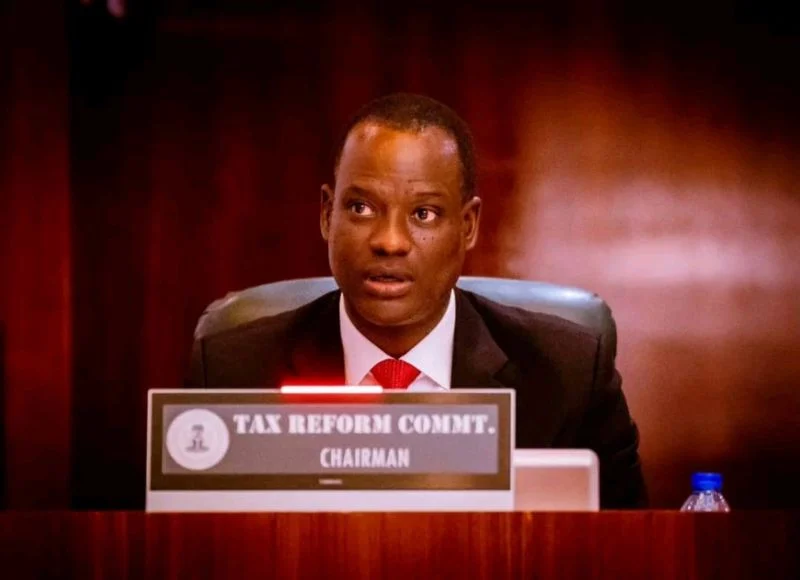Taiwo Oyedele, chairman of the presidential fiscal policy and tax reforms committee, says that Nigerian businesses face pressure due to taxes paid in foreign currency.
At the Nigerian Financial Intelligence Unit (NFIU) first revenue assurance summit, Oyedele explained that businesses are required to pay certain taxes in dollars, totaling an estimated $3.5 billion annually.
According to Oyedele, this practice not only burdens local businesses but also contributes to the depreciation of the naira.
“We found that Nigerian businesses are being asked to pay some taxes in dollars — NIMASA, NPA, etc. which amounts to an estimated $3.5 billion a year,” the chairman stated.
“We are crying that our naira is losing value; why wouldn’t it lose value when we impose unnecessary dollar demands?”
In his address, titled “The Importance of Revenue Assurance in Economic Stability,” Oyedele emphasized that revenue should improve citizens’ lives and livelihoods, rather than serving merely as a financial target.
He advocated for a coherent policy environment that encourages investment and collaboration among federal and state agencies.
- ‘Release Data In 48 Hours Or Face Consequences’
Oyedele cautioned government agencies against withholding data from one another, asserting that the data does not belong to them.
As an example, Oyedele shared that the Joint Tax Board (JTB) was required to pay for data access from government sources.
He questioned the logic of government agencies selling data while seeking to generate revenue.
To address data withholding, Oyedele announced plans for legislation requiring the free provision of government-held data, with strict deadlines for compliance.
“Our economy must be designed to be conducive and investment-friendly; our policy environment must be purposeful and coherent, let’s not be pulling in different directions, states versus federal or even within federal agencies.
“JTB (Joint Tax Bank) told me as part of the work we are doing, the number of agencies they were looking for data, you know they were commending the NFIU and we are grateful for the NFIU and the leadership… and they were asking them to come and pay for data.
“JTB was being asked to pay for data I couldn’t believe it. In the same Nigeria, government has data and government is selling data and we say government does not have revenue,” he explained.
“How are we supposed to have revenue if we are selling data?
“So we drafted a law, it is not your data, it is our data, you will give it. In fact we will give you a deadline of 48 hours. If you don’t release the data, there will be consequences. We are criminalising it. Give the data.”
He emphasized the need to align domestic data standards with international norms, ensuring both data integrity and a transparent, efficient revenue collection process.
Oyedele shared that protocols are being developed to safeguard data integrity and security.
- ‘Focus On Problem-Solving Rather Than Obstructing Efforts’
Addressing misunderstandings surrounding his committee’s initiatives, Oyedele criticized baseless claims about fiscal policies, particularly a recent report suggesting the committee recommended a 10 percent reduction in federal government allocations from the federal account allocation committee (FAAC).
On October 13, Oyedele clarified that he had not proposed reducing the federal government’s share of FAAC revenue.
He noted that his committee’s recommendation related specifically to value-added tax (VAT) revenue.
He encouraged stakeholders to concentrate on solving problems instead of hindering efforts to strengthen the economy.
- ‘Effective Collection Of Taxes Will Increase Revenues Within 3 Years’
Oyedele announced that the committee has proposed a synchronized tax system including eight key taxes at federal, state, and local levels.
He projected that effective tax collection could increase revenue four- to five-fold within two to three years.
Additionally, Oyedele proposed a national framework for subsidies to ease financial pressure on businesses. He expressed hope that political leaders would adopt the reforms, urging stakeholders to work together in implementing them.
In her comments, Hafsat Bakari, chief executive officer (CEO) of the NFIU, stated that while the unit initially focused on tax crimes to support the Federal Inland Revenue Service (FIRS), it has now expanded its efforts to collaborate with state-level counterparts.
Bakari noted that most tax evasion happens at the state level and that financial transaction data held by the NFIU could significantly support state internal revenue services.
“While FIUs were created by international conventions to address criminal activity, the same international conventions and standards require that we put in place measures to protect the integrity of the information that we provide,” Bakari said.
“To this end, our approach to working with States is built on the establishment of a memorandum of understanding which sets out the principles, objectives and limitations of the intelligence provided.”
She also announced the introduction of the crime records information management system (CRIMS), a secure platform for requesting and receiving intelligence from the agency.
Through CRIMS, Bakari said, paper records prone to compromise have been eliminated.


 BIG STORY4 days ago
BIG STORY4 days ago
 BIG STORY2 days ago
BIG STORY2 days ago
 BIG STORY3 days ago
BIG STORY3 days ago
 BIG STORY4 days ago
BIG STORY4 days ago
 BIG STORY4 days ago
BIG STORY4 days ago
 BIG STORY4 days ago
BIG STORY4 days ago
 BIG STORY3 days ago
BIG STORY3 days ago
 BIG STORY2 days ago
BIG STORY2 days ago























